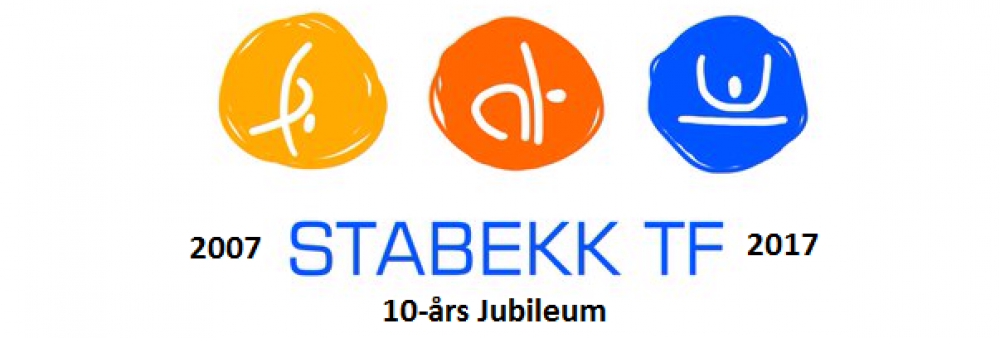Pfizer Vaccine Agreements: Understanding the Complexities
The development of a vaccine for COVID-19 has been a priority for pharmaceutical companies worldwide. Pfizer, one of the leading companies in the race to find a vaccine, has made significant strides with its vaccine, which has been approved in numerous countries. However, the approval of a vaccine is only the beginning of the process. In this article, we will discuss Pfizer`s vaccine agreements, the complexities they entail, and their impact on the fight against COVID-19.
What are Pfizer`s Vaccine Agreements?
Pfizer`s vaccine agreements refer to the contracts and partnerships that it has established with various entities to distribute its vaccine globally. Pfizer has entered into agreements with numerous countries and international organizations, including the European Union (EU), the United States, and the World Health Organization (WHO), to supply its vaccine.
The agreements differ in terms of the quantity of vaccines ordered, delivery schedules, pricing, and payment terms. For instance, the EU and the United States have ordered millions of doses of the vaccine, whereas some developing countries have requested smaller quantities. Additionally, the price per dose varies depending on the agreement, with the EU paying more than developing countries.
The complexities of Pfizer`s Vaccine Agreements
Pfizer`s vaccine agreements are complex and multi-faceted, involving negotiations with various stakeholders, including governments, international organizations, and regulatory bodies. The agreements also require stringent compliance with regulations and protocols for vaccine development, testing, and distribution.
The vaccine`s efficacy and safety are of utmost importance. Therefore, Pfizer and the regulatory bodies involved have set stringent criteria for the vaccine`s testing and approval. The agreements also contain provisions that address issues such as liability, indemnification, and intellectual property rights, which can be contentious.
The impact of Pfizer`s Vaccine Agreements
Pfizer`s agreements have helped to accelerate the distribution of its vaccine globally. The agreements with the EU and the United States, for instance, have been instrumental in providing vaccines to their populations. Additionally, Pfizer has partnered with the COVAX initiative, a global effort to ensure equitable access to COVID-19 vaccines, through which it has pledged to provide millions of doses to developing countries.
The agreements have, however, faced challenges, including issues related to pricing, delivery schedules, and supply chain disruptions. Some countries have also raised concerns about the equitable distribution of vaccines, with developed countries receiving more doses than developing countries.
Conclusion
Pfizer`s vaccine agreements have played an essential role in the fight against COVID-19. They have enabled the distribution of vaccines to various countries and populations, contributing to the efforts to curb the pandemic. However, the agreements are complex and require careful negotiation, compliance with regulations, and coordination with various stakeholders. The impact of these agreements will continue to be felt in the coming months as the world navigates the pandemic and moves towards a post-COVID era.
